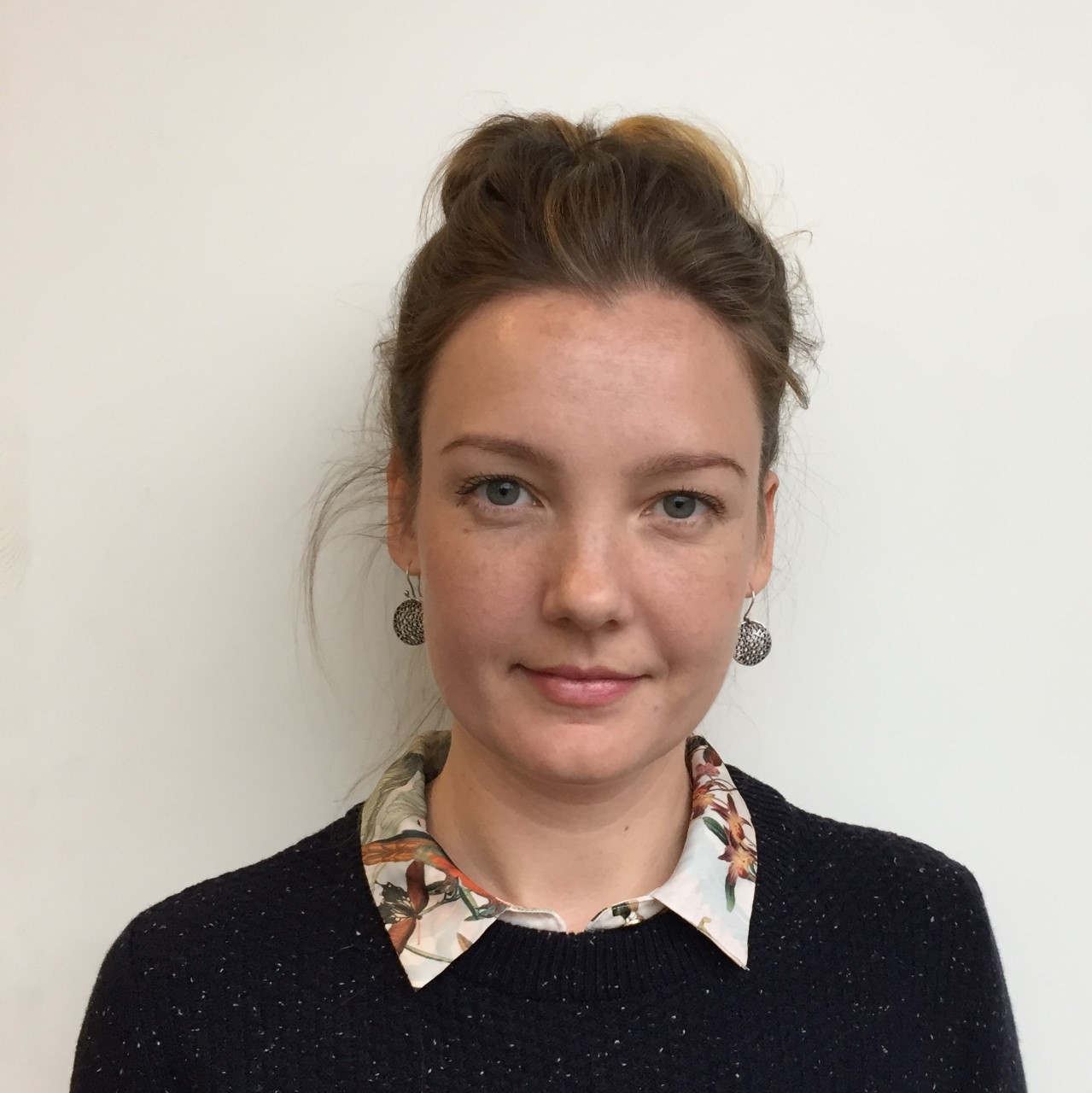November 2020
In the social sciences we talk about ‘KAP’ - a KAP survey looks for insights into people’s Knowledge, Attitudes and Practices regarding a particular subject, the idea being that once you understand people’s KAPs you have a good understanding of their relationship to that particular subject.
So what do we know about UK residents’ knowledge, attitudes and practices in relation to water?
A survey commissioned by Waterwise and Water UK as part of our collaborative summer 2020 campaign ‘Water’s Worth Saving’ found that nearly half of Brits think that their entire household uses less than 20 litres of water per day. The real figure is around 143 litres per person, meaning that a household of four people could be using closer to 500 litres of water per day or more.
The enormous difference between the amount of water that people estimate they are using and the amount of water that they are more likely to be using is a clear indication that we need to be doing more to increase people’s knowledge about water, including their own water use. Research has shown that most people believe they’re already using close to the minimum amount of water that they can. If they think that they’re only using 20 litres then this would be understandable - there are not many litres that could be saved out of just 20 in a day! However, knowing that you’re using 143 litres leaves more scope for being able to save some of those litres here and there.
The KAP model proposes that how much people know about a particular subject will influence their attitudes to that subject. Behavioural science tells us that the landscape is more complex than that, but nevertheless, the things that we know (or think that we know) about water are influential in our attitudes towards water.
We ‘know’, for example, that the UK is ‘wet’ and that it is ‘always raining’. This appearance of abundance - whether justified or not - means that our attitude to water tends towards an unreflective assumption that we have a limitless supply that can’t be used up. We also know that our water bills are cheap, relative to other utility bills and household expenses. In the UK we spend an average of around £1 per day on our water bill - about the same as 1/3 of a speciality coffee, 1/4 pint of a beer in a pub, or a pedicure on 1/2 a toenail! Because of the way our society is structured, we associate the price of something with it’s value, and the cheapness of water may seem to be more evidence that water is not particularly valuable.
Those of us advocating for water efficiency recognise that if we’re all going to use less water, there needs to be a fundamental shift in people’s attitudes to water, especially in how much we value water.
While our knowledge about a subject is seen as influencing our attitudes towards it, our attitudes are seen, in turn, as directly responsible for our practices around it. One thing we know for sure is that our practices around water need to change. Personal water use has almost doubled in England and Wales over the last 60 years. Climate change is causing more frequent and prolonged dry periods, and our population is growing. If our behaviour with water doesn’t change, it’s been forecast that certain parts of the UK could run out of water within the next ten years. We need to be taking shorter showers, less frequent and shallower baths, fixing leaky loos, reusing water wherever possible, and letting our lawns go brown instead of watering them in the summer.
In summary then, in order to avoid a ‘Day Zero’ scenario similar to the one faced by Cape town in recent years, our KAPs need to change radically. We as individuals need to become more knowledgeable about our water use, we need to change our attitudes towards water, particularly in terms of how much value we attribute to it, and we urgently need to change our practices - our behaviour - around water.
At Waterwise we are focused on all three areas in our communications with people, because we know that addressing one or two of these factors won’t be enough to interrupt individual habits around water. Our current campaign, ‘Water Makes it Possible’, aims to provide people with some of the surprising facts about water, to change attitudes by encouraging people to think about how every area of our lives is defined by our relationship with and reliance on water, and to link people back to our website, where they can find tips and advice on new practices that will help them to save more water.
We’d love it if you would join us by posting about the things in your life that water makes possible, using the hashtag #WaterMakesItPossible, and visiting the website for more information.
Kate Marx is Campaigns and Social Research Manager at Waterwise.
Follow: @Waterwise
The opinions expressed in this blog are the author's and not necessarily those of the wider Link membership.




Latest Blog Posts